|
|
|
|
The troubling sight of an athlete knocked out cold, or perhaps getting back on their wobbly feet after copping a blow to the head, is one even casual sports viewers would have witnessed at some point.
Back in the day, these moments were often downplayed or even lauded by fans, commentators and teammates. The mindset at the time was for the player to shake off the hit before getting on with things.
Players would go as far as to downplay any effects to doctors, in the hope of returning to action as soon as possible – showcasing the ultra-macho, winner-takes-all mentality of Australia’s contact sports.
Times are, thankfully, changing.
The surprise retirements of AFL players Nathan Murphy and Angus Brayshaw, due to concussion concerns, “signals a shift in how athletes view brain trauma risks in sport,” argue concussion experts Alan Pearce and Stephen Townsend.
“Rather than downplaying or ignoring the potential damage being done to their health by a career filled with brain trauma, some athletes are now choosing to end their careers early,” they write.
“With continued discussion, debate and independent research, it is plausible more players with multiple concussions will prioritise their long-term brain health. It’s in the best interests for the longevity of these sports – and the athletes we love to cheer on.”
Former Liverpool manager Bill Shankly once famously quipped “some people believe football is a matter of life and death … it’s much more important than that”.
It would be nice to think that, more than four decades after his death, Shankly would agree there are in fact many more important things than playing sport. And if an athlete in the prime of their career retires to prioritise their long-term brain health, that’s a good thing.
|

|
Niall Seewang
Sport + Society Editor
|
|
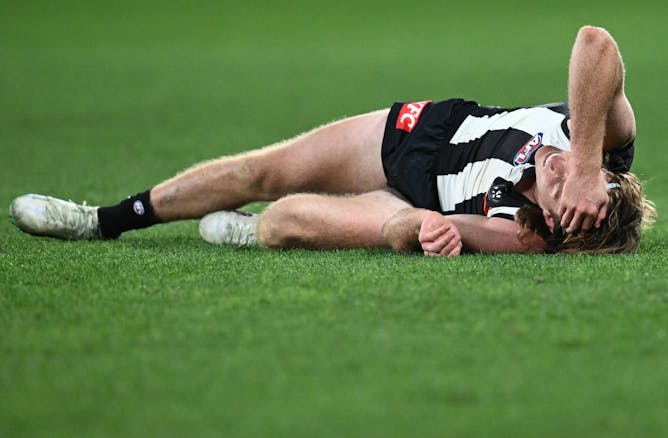
Alan Pearce, La Trobe University; Stephen Townsend, The University of Queensland
For decades, some sports have fostered a win-at-all-costs culture, with concussion often an afterthought. But there are signs that attitude is changing.
|
Interactive |
|---|
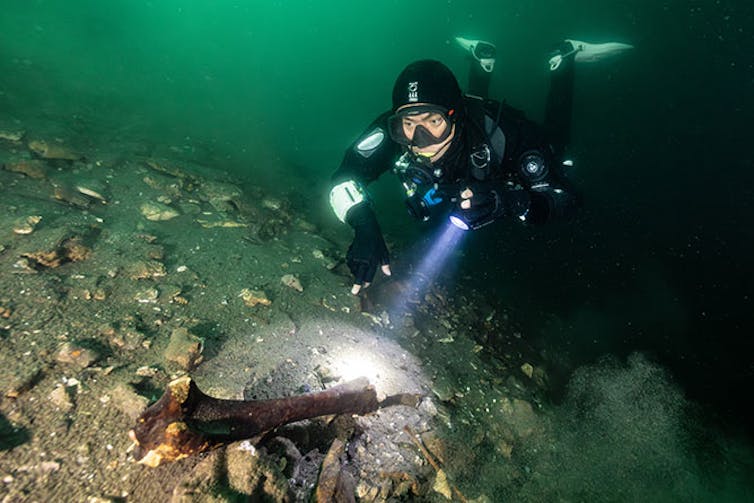 Meg Walker,
Joseph Monks and Julien Louys, The Conversation In this
interactive story scientists have teamed up with cave divers on a unique mission to retrieve fossils of extinct Australian megafauna. |
|
Best reads this week
|
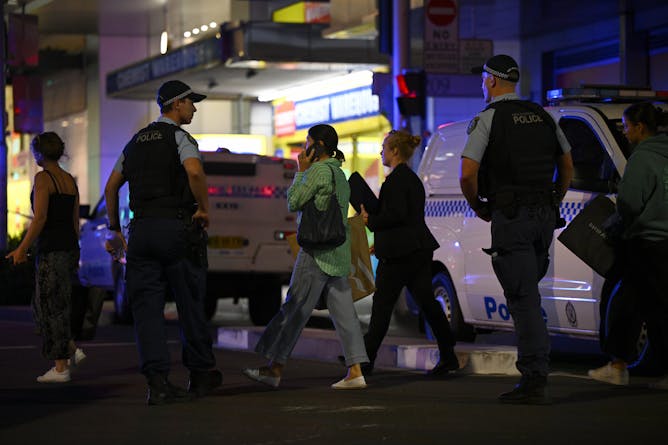
Milad Haghani, UNSW Sydney
The “zero responders” – bystanders who proactively assist – play a pivotal role in the immediate response to crisis. They can be key players in preventing, reporting and containing a violent incident.
|
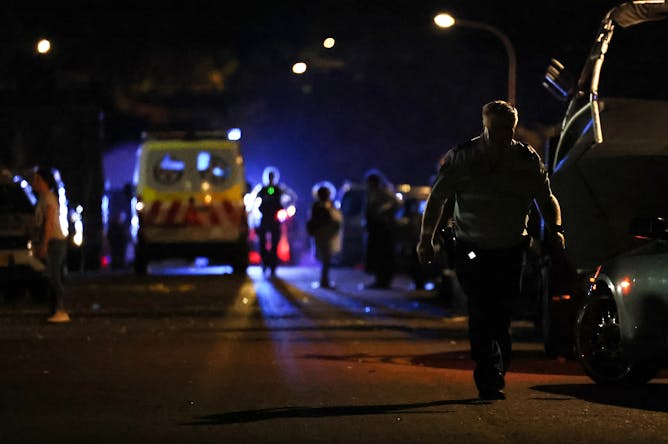
Greg Barton, Deakin University
Sydney has seen two stabbing incidents within days of each other. Grim comparisons are inevitable, but what makes them different?
|
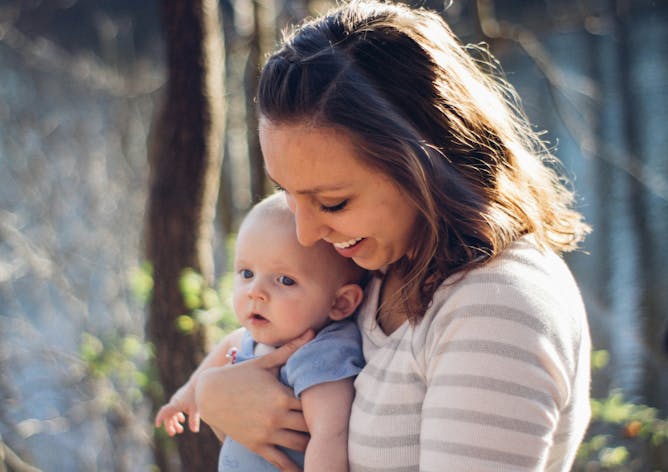
Karin Hammarberg, Monash University; Robert Norman, University of Adelaide
Some women who use drugs like Ozempic have reported unexpected pregnancies. What’s going on?
|

Andrew J. Martin, UNSW Sydney; Emma Burns, Macquarie University; Joel Pearson, UNSW Sydney; Keiko C.P. Bostwick, UNSW Sydney; Roger Kennett, UNSW Sydney
In our new research we looked at what impact breakfast has on students’ motivation to learn and their academic achievement.
|
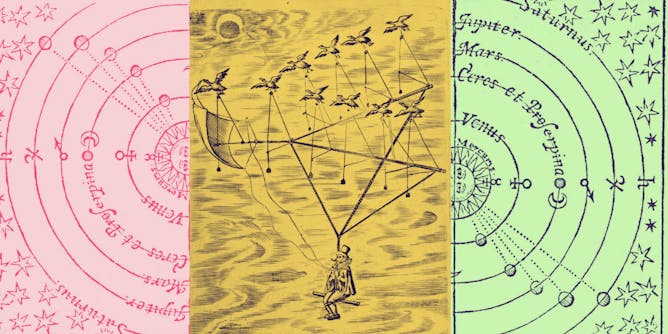
Philip C. Almond, The University of Queensland
When scientists observed planets revolved around the Sun, they posited we were now like other planets. And if other planets were like Earth, then they most likely also had inhabitants.
|
Podcasts
|
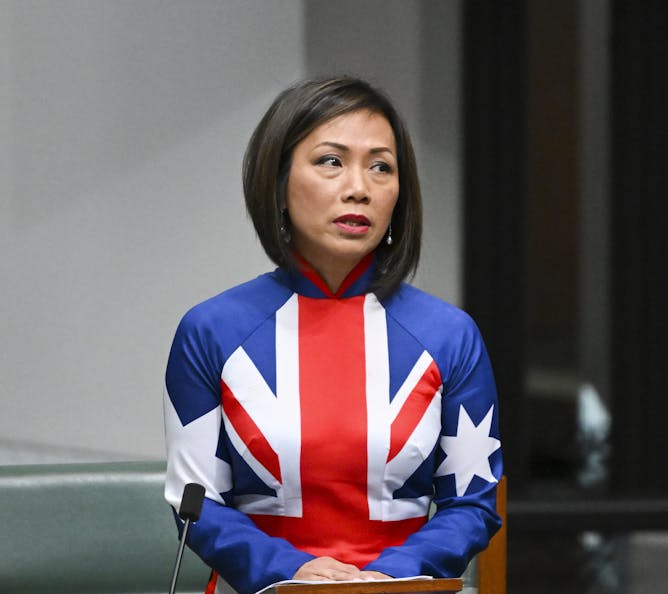
Lukas Coch/AAP
Michelle Grattan, University of Canberra
The stabbing of Bishop Mar Mari Emmanuel in a church in Wakeley on Monday has left many in shock. Dai Le, whose electorate features the church where the incident happened discusses her community's reaction.
|
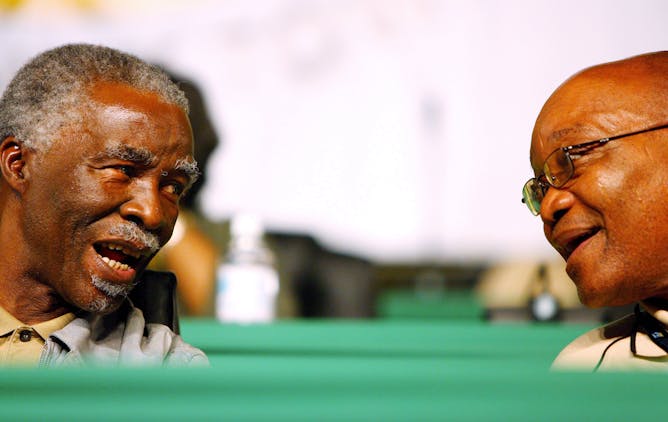
Thabo Mbeki and Jacob Zuma: two very different styles of governing.
Jon Hrusa/EPA
Gemma Ware, The Conversation; Thabo Leshilo, The Conversation
The second episode of What happened to Nelson Mandela’s South Africa?, a three-part podcast series on The Conversation Weekly. Featuring interviews with Mashupye Maserumule and Michael Sachs.
|

Gemma Ware, The Conversation
Listen to the trailer for The Conversation’s Curious Kids, a new podcast where kids get answers to their big questions from experts.
|
Our most-read article this week
|

Cathy Sherry, Macquarie University
What are ‘squatters’ rights’ and do they apply in Australia? They do, but using them will likely prove difficult.
|
In case you missed this week's big stories
|
-
Brendan Clift, The University of Melbourne
In one of the biggest legal sagas of recent times, Justice Michael Lee has delivered his verdict. What did he say?
-
Greg Barton, Deakin University
Sydney has seen two stabbing incidents within days of each other. Grim comparisons are inevitable, but what makes them different?
-
Peter Layton, Griffith University
The strategy takes the long view of how to build a high-spending, maritime-focused defence force of the future. But there are some shortcomings in the government’s vision.
-
Sara Dehm, University of Technology Sydney; Anthea Vogl, University of Technology Sydney
The case could result in further limits on the immigration minister’s powers to keep refugees in detention indefinitely.
-
Priya Chacko, University of Adelaide
The government’s alleged targeting of opposition figures, as well as a new system allowing anonymous donations to political parties, is believed to have given the BJP a huge edge.
-
Joe Fontaine, Murdoch University; George Matusick, Auburn University; Jatin Kala, Murdoch University; Kerryn Hawke, Murdoch University; Nate Anderson, The University of Western Australia
Intense heat and no rain in southwest Western Australia are causing widespread tree and shrub die-offs.
-
Keagan Brewer, Macquarie University
This late-medieval document is written in encoded text that has yet to be cracked. But its numerous illustrations provide clues about its content.
-
Mathew Stewart, Griffith University; Huw Groucutt, University of Malta; Michael Petraglia, Griffith University
New research reveals signs of ancient human habitation in a vast cave beneath the Arabian desert. It may have been used as a waystation by Stone Age herders travelling from one oasis to another.
-
Brendon Hyndman, Charles Sturt University; Vaughan Cruickshank, University of Tasmania
Since COVID there has been an expansion in online options for school students. This includes individual classes and complete distance education.
-
Theresa Larkin, University of Wollongong; Susan J. Thomas, University of Wollongong
We can’t avoid stress altogether. But there are healthy ways to deal with it and move on.
|
|
| |
|
|
|
The Conversation AU
Melbourne VIC, Australia
•
Full Time
|

|
|
|
|
| |
| |
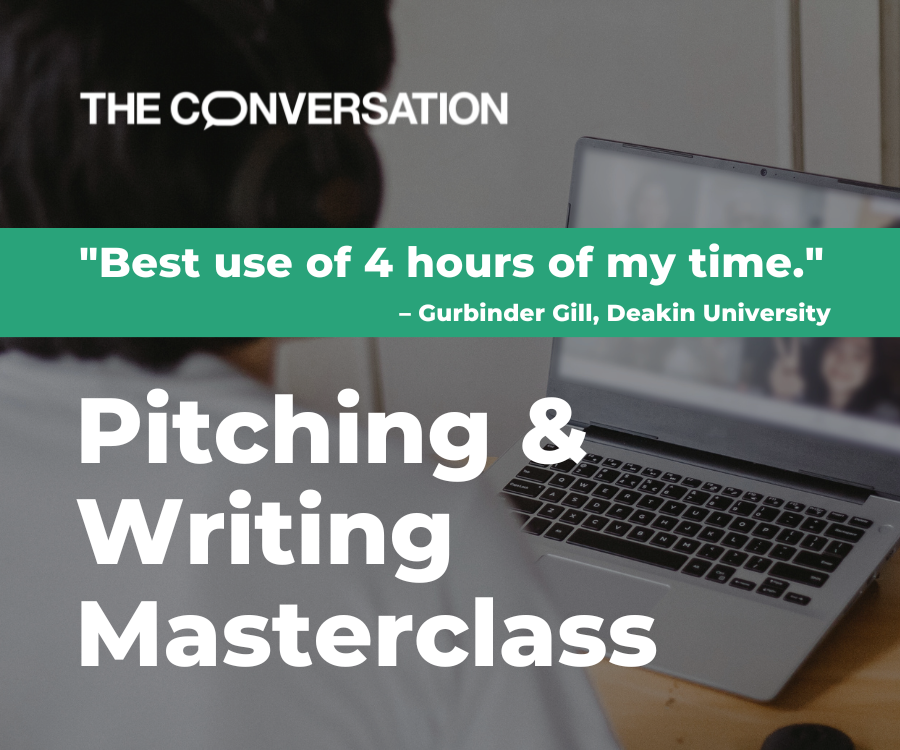
|
| |
| |
| |
Featured Events, Courses & Podcasts
|
View all
|
|
|
|
| |
| |
| |
| |
| |
|
|
|
|
|
|
|